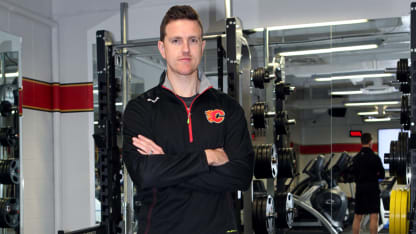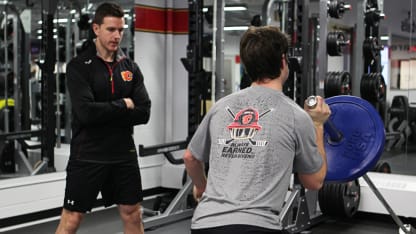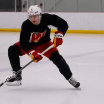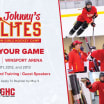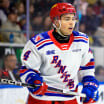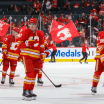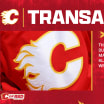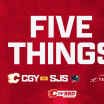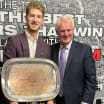The 9,802 kilometres of flight distance isn't what has Ryan van Asten's attention.
It's the 9,802 back.
"Obviously it's imperative you start the regular season strong,'' says the Flames' strength and conditioning coach. "We've seen that time and time again.
"We'll have two weeks after we get back to get ourselves ready and I think that's enough.
"But you can make return jet-lag problems worse by not structuring those two weeks properly. It's going to be a busy time for everyone.
"So just prioritizing when guys play is important - that's a coaching decision, of course, but I would definitely give some advice on that.
"Certain guys are just resilient. Mark Giordano, for instance. He can pretty much do anything and he never gets fatigued.
"Other guys are on the opposite side of the spectrum and you have to really be careful.
"We have a bunch of pre-season games as soon as we get back and we know some players are more resilient than others. So you have to know when to push and when to dial back."
TRAVEL TIPS
Flames strength and conditioning coach has plan in place to help players excel in China - and when they return home to start the season
